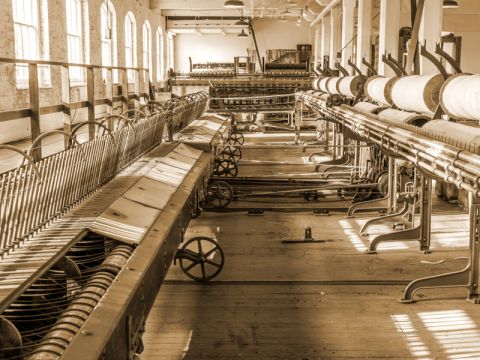The manufacturing industry is in a state of flux: more than ever, customers expect innovation, customization and scale, and fast delivery, preferably next-day delivery. These customer expectations, as well as disruptions such as natural disasters, health crises and geopolitical instability, are putting pressure on global supply chains. At the same time, manufacturers must meet and prove sustainability requirements.
Many supply chain challenges that were already there in 2022 have been exacerbated by the conflict in Ukraine. Although Ukraine and Russia together account for only 2.2 percent of the value of global goods exports, manufacturers around the world rely heavily on these two countries for certain key raw materials. For example, in iron and unalloyed steel, Ukraine and Russia together account for about one-third of world exports.
As a result, many manufacturers had to find other suppliers or temporarily scale back production (*). In addition, manufacturers are facing higher energy costs (**). Global demand for oil and gas is expected to rise to its highest level since 2019. In addition, there is a shortage of semiconductors, which threatens the resilience of the supply chain.
Technologies such as industrial internet of things (iiot), cloud computing, artificial intelligence (ai) and machine learning (ml) can play an important role in helping manufacturers be more efficient and resilient. To make the most of them, manufacturers need to capture, store, process and be able to share a lot of data within a digital ecosystem of partners and suppliers.











